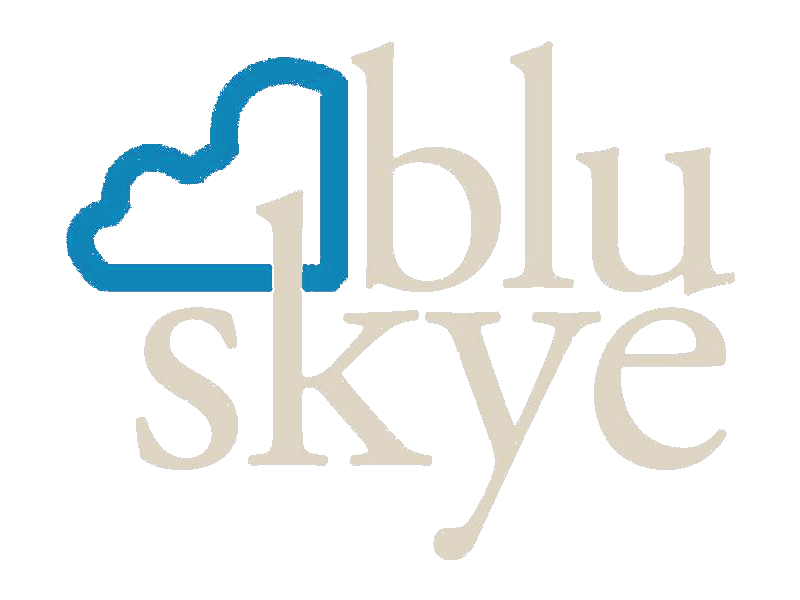
On October 6, Walmart held its annual Sustainability Milestone Summit where it shared progress on key sustainability goals and highlights “wins” that bring those goals to life. Those goals cover their own operations -- such as zero waste operations, 100% recyclable/reusable/industrially compostable private brand packaging by 2025, and zero emissions across global operations by 2040 – as well as their supply chain, which is where most of its impact resides. These supply chain programs, such as Project Gigaton and place-based sourcing efforts, are clear calls to action to suppliers: helping Walmart achieve its sustainability goals is a winning strategy today and will be table stakes tomorrow.
Suppliers embracing this collaboration were highlighted by Walmart and Sam’s Club merchants and leadership. Some examples included:
Refill bags for Lysol cleaners
Premium pet beds made from recycled mattresses
Camping blankets made from 70 recycled water bottles
In-store recyclable cereal bags and granola bar wrappers from General Mills
Palm oil, rice, and other sustainable commodity sourcing from PepsiCo, P&G, and Kellogg’s
Sustainable canned tuna from a partnership with the Republic of the Marshall Islands and The Nature Conservancy
After nearly 20 years of collaborating with Walmart, we recommend a few simple ideas that should create “quick wins” for suppliers looking to get started.
Reduce your emissions – Examine your energy use across your operations – think manufacturing facilities, offices, and distribution. Saved kWh and gallons equate to reduced costs and reduced emissions. You can think about renewable energy and offsets after you’ve squeezed out all you can in reductions. Make sure to report this in Project Gigaton.
Cut out plastic and eliminate waste with smarter packaging – Your first step here is also reduction. Can you eliminate or minimize existing primary or secondary packaging, particularly virgin plastic and paper? Cuts here have dual benefits – saving you money and reducing distribution emissions. If the packaging material you’re using isn’t commonly recyclable, reusable, or industrially compostable, you should consider substitutes like aluminum, paper, or commonly recycled plastics. Report this in Project Gigaton too.
Substitute more sustainable materials/ingredients or sources – The questions here are simple: can we use a more sustainable version of an existing material/ingredient? Think certified or recycled content. Or, can we source from a more sustainable supplier? Those suppliers providing more sustainable materials/ingredients are also likely to be the same ones with more sustainable operations. Not sure? Start by asking them about their sustainability efforts and goals.
If you’ve exhausted these pathways or are further along on your sustainability journey, some suggestions for “innovation projects” include:
Design for circularity – Rethink your products from the ground up with a focus on zero waste, durable and reusable products.
Engage stakeholders in place-based efforts – Collaborate with NGOs, governments, local/regional communities, academics, and other suppliers in the value chain to conserve and responsibly manage ecosystems, both in and outside of key sourcing locations. Mission-based coalitions often offer efficient channels for participation.
Whatever you do, don’t wait to get started and engage your fellow colleagues!
Disclosure: Blu Skye has been partnering with Walmart on its sustainability journey since 2004.
